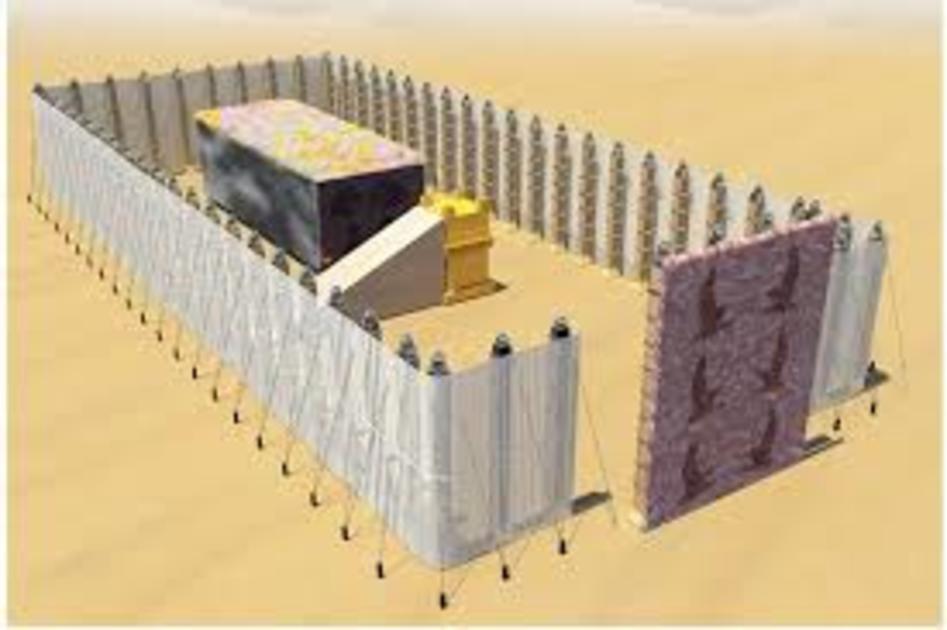
Work and Work – Part 2 – Parshat Pekudei
Synonyms. They can be lovely. They can be irritating. For those among us who are logophiles (lovers of words - though perhaps, also, lovers of meaning and, yes, logotherapy), we love to play with synonyms and look up in the dictionary and thesaurus to see what other possibilities there are. You see, the thesaurus is not just a book to be used when writing papers. It can be a fun book.
So, in Parshat Pekudei, when Rabbi Aaron Soloveichik, among others, picks up on the two different Hebrew terms for work, I listen. In one verse, the Torah testifies that Bnei Yisrael "did all the work" and uses the Hebrew word Avodah. Immediately afterwards, the Torah writes that "Moshe saw all the work" but it uses a different Hebrew word, Melacha.1 In addition, once the Torah testifies that the people did the work, why does Moshe need to check again? Rabbi Soloveichik explains that when the word is used in the first verse, it describes the physical aspect of the task. The work is done only as a task. The need to fulfill an obligation. Yet the second verse describes a different situation. When a person injects his personality into his work, it becomes a Melacha, piece of art.2 Moshe, first of all, wanted to make sure that the Mishkan was built properly and according to the specifications handed down. Just as important, Rabbi Soloveichik adds, Moshe also checked that the artist had invested even more than that. "The artist should inject his personality into this piece of art, and... his heart, mind and soul into the endeavor."
In living the life we were meant to live, we would need to do more than just go thru the motions. It means experiencing life to its fullest. "When we become too focused on what’s in front of us at work—an oppressive manager, a wayward employee, a complicated task, or a boring routine—we can lose sight of the meaning in our lives" writes Alex Pattakos.3 At that point we stop living and worry about the details. We may perform every task correctly, but we would be hard-pressed to say "we are living."
We can view our tasks, indeed our lives, as simply a routine series of tasks to perform in order to get through life, as an Avoda. Or we can demonstrate that our actions are more of a Melacha, an activity that has meaning on a higher level as we invest in our actions and inject ourselves into our own lives and into whatever we produce with an eye towards meaning, to the level of art.
In memory of my mother, Hentcha Leah bat Yitzchak Lipa, hk"m
For a Refuah Sheleimah for Malka bat Gittel
Notes
- Shemot 39:42-43. In verse 42, it says Avoda while verse 43 says Melacha – both of which are translated as work.
- This is a recording of a 7 minute speech he gave on this topic in 1975. https://www.yutorah.org/sidebar/lecture.cfm/743139/rabbi-aaron-soloveichik/the-difference-between-avoda-and-melacha/
- Pattakos, a logotherapist, writes of this in his book, Pattakos, Alex. Prisoners of Our Thoughts (p. 125). Berrett-Koehler Publishers. Kindle Edition.
Have A Great Shabbat!![]()
For More Information On Logotherapy And How You Can Create A Fuller, More Meaningful Life, Or To Book An Online Session,
- Call Me At +972-54-589-3399, or in Israel 054-5893399
- Contact Me Thru my email at [email protected]

 Previous
Previous

